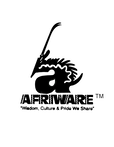|
Content updated 11/28/23. An often repeated phrase in the Black community is “I got Indian in me.” The phrase has been used by some to dilute or shift away from the “stigma” of being full-blooded African. While the reasoning behind this tendency is waning, it is unfortunate that there are far too many convinced that there is a negative connotation associated with being Black in America. Delving deeper into the types of relationships Black and Native Americans had in history will reveal substantive reason to embrace our shared heritage. Much of what we’ve been exposed to about Native Americans has been John Wayne cowboys and "Indians" movies. The white men are always the heroes found chasing or killing the so called “Indians.” Our shared heritage in America goes far deeper than this. There are documented cases of alliances that were formed to protect lives when colonizers came barreling through to stake claim and steal the land. The following list includes details on the battles and challenges faced. Book List on Black Native Americans
Perhaps it is my Native American ancestor that I hear the loudest when I refuse to celebrate Columbus Day. When Columbus got lost and reached the shores of America, he left a bloody trail. There’s a book by Dr. John Henrik Clarke that discusses his exploits and murderous activity called, “Christopher Columbus and the Afrikan Holocaust” that I’d recommend reading for details. Years ago my grandfather on my father’s side showed me a picture of him and his grandmother. I didn’t understand its importance at the time, but I remember what I saw. It was a picture of him as a child, maybe 5 or 6 years old, sitting on the lap of an elder woman who had the features of a Native American. Her skin was tan, her nose was long, and her countenance was neutral. Her eyes were penetrating. Her hair was very long. He told me it reached past her waist. O how I wish I knew more about this woman in the picture. My recent read of “A Man Called Horse” sparked a new interest in this picture. My bookstore Afriware Books, Co is honored to host an event with the author Glennette Tilley Turner on September 21, 2021. Here's a link to the interview [updated 11/28/23]. Though the book is geared for ages 10-14, I learned a great deal from it as an adult, and the layout engages the reader with colorful maps, pictures, illustrations and a timeline. The point I want to make is that just as we had enslavement in Africa that was different than what was practiced by European enslavers, Native Americans also had enslavement that was different than that practiced by the “white man who spoke with forked tongue.”[1] This is an important distinction in the life of John Horse who encountered this. John Horse was a Black Seminole. Turner discusses this finer detail and says, "No type of slavery is good or acceptable, however, the Seminoles used the words “owner” and “slave” in a different way from their American neighbors. The Seminoles considered themselves “protectors” rather than “masters.” In exchange for this protection, Black seminoles paid a token share of their harvest to their owners. Otherwise they lived as free people.” How interesting I found this. The confusion that is created between the oppressed serves the colonizer the best. Strategic alliances that were formed for survival that were successful against the oppressor are important to analyze. The book documents many battles, broken treaties, homesteading, and crossing back and forth over the Mexican border for safety on our shared journey to freedom. Books like “A Man Called Horse” are important in that they provide a counter narrative to the American movies like the one of the same name, “A Man Called Horse.” The movie was based on a short story that appeared in a book published in 1950 called, “Indian Country” by Dorothy M. Johnson which is no longer in print. I was elated to “discover” this what I’ll call positive irony. I look forward to asking Tilley Turner in our upcoming Zoom meeting whether the title was chosen to intentionally destroy the lies propagated by this 1970’s film. It is about a white male who is mistreated by the natives at their first encounter who ends up being their hero. This is a common overplayed theme in American movies. Native Americans had great criticism about this movie. [2] I feel safe in assuming that the intention was to serve this purpose and salute her efforts whether consciously or not. What this modest book is doing on a metaphorical level is supreme! Whether the original movie/book was designed to throw the public off the trail of the real Black hero "A Man Called Horse" or not is a question for the curious to investigate. It will not be further pursued in this post, but is acknowledged as a an interesting "coincidence" at a minimum. The earliest book I recall on the topic was, “Black, Red and Deadly: Black and Indian Gunfighters of the Indian Territory, 1870-1907” by Arthur Burton published in 1991. I was glad to see that he published another book in 2008 called, “ Black Gun, Silver Star: The Life and Legend of Frontier Marshal Bass Reeves,” and, one in 2020 called, “Cherokee Bill: Black Cowboy-Indian Outlaw.” I’m glad there is a plethora of books to choose from to take a deeper dive. Final ThoughtsAs always, I appreciate that you have read through this blog post. I hope that you’ve become curious to read more books about Black Native Americans. We ask that you consider purchasing your books from our Black owned bookstore, Afriware Books, Co. If there is a title you’d like to purchase that is not mentioned here, or could not be found on the website, feel free to email us at: [email protected]. View our latest newsletter at this link.
Comments are closed.
|
AUDIOBOOKSMERCHGIFTSjoin email listACADEMIC BOOKSblog Author/
|
- Store
- Blog
- AUDIO BOOKS
- EBOOKS
- SEARCH
- Welcome
- GoFundMe
- TUCC
- Events
- READING GUIDE
- AUTHOR INFORMATION
- ARTIST BIO/PRICE
- NNEDI OKORAFOR BOOKS
- PODCAST
- LARUE'S HAND IN CLAY
- About Us
- FREQUENTLY ASKED QUESTIONS
- BOOK FAIR /SCHOOLS / CLUBS
- Photo Gallery
- EJP BOOK DRIVE
- Videos
- Newsletter/Articles
- Archives
- External Links
- Afriware Statement on COVID-19
- GREATER LAKES
- Afriware Merchandise
- AFFILIATE INFO
- SEBRON GRANT ART DESIGNS
- Mother's Day Bundles
- CARTOON
- ROBOTS
- STEM
AFRIWARE BOOKS CO. A COMMUNITY BOOKSTORE SERVING:
|
|
Melrose Park, IL
|
|
,AFRIWARE BOOKS, CO,
1033 SOUTH BOULEVARD, OAK PARK, IL 60302 708-223-8081 ONLINE SUPPORT: Thurs-Fri. 4-6pm Sat. 12-2pm, IN PERSON EVENTS: afriwarebooks.com/events |
Want to try a great website builder, try Weebly at: https://www.weebly.com/r/9SAD4V

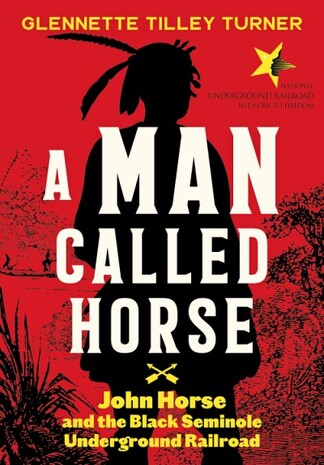
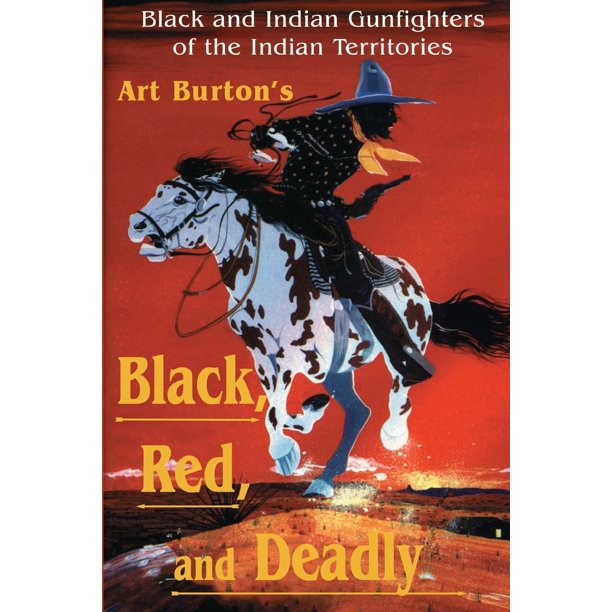
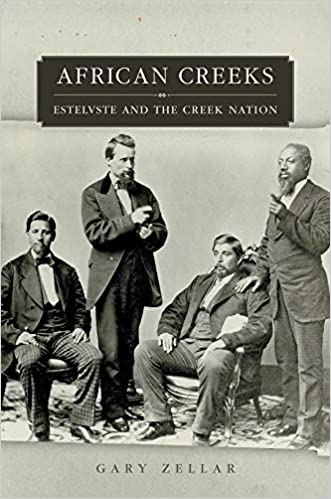
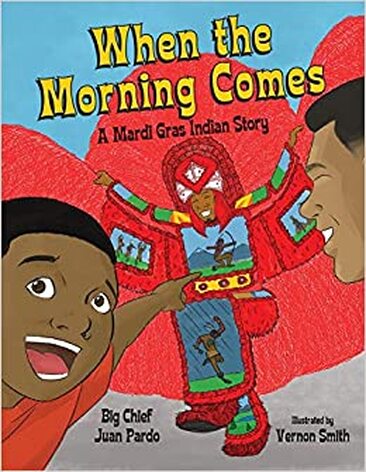
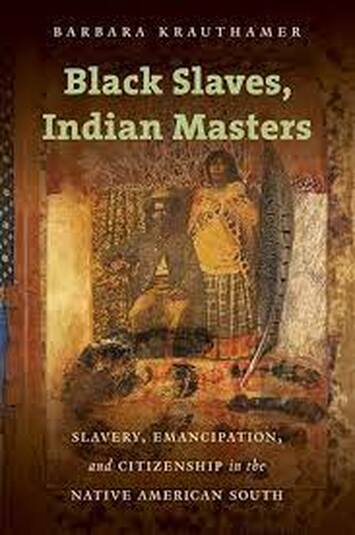
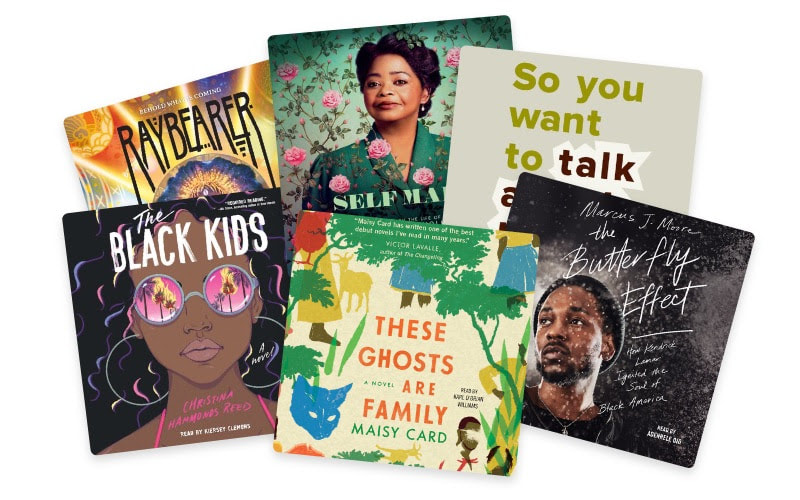
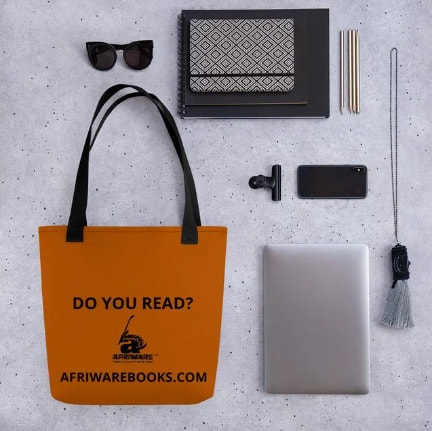
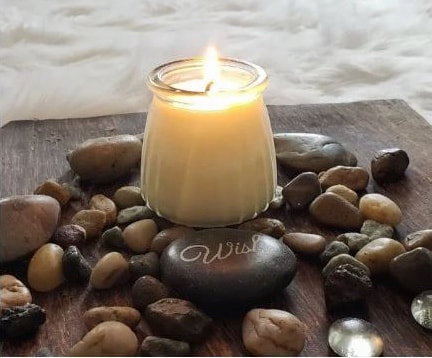


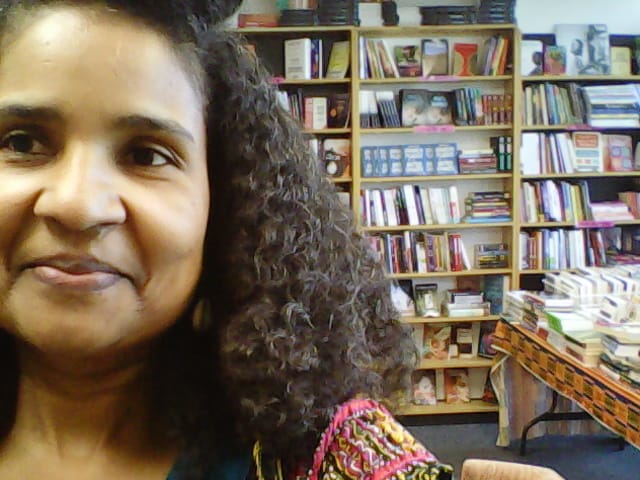
 RSS Feed
RSS Feed


